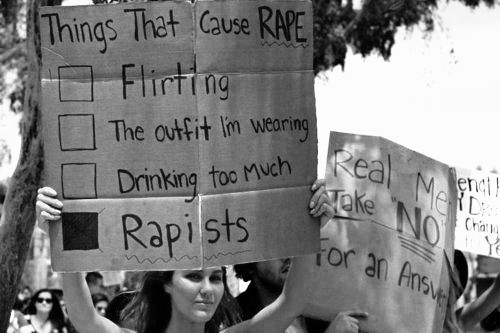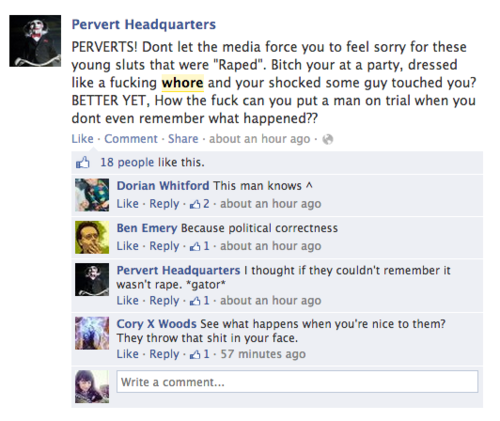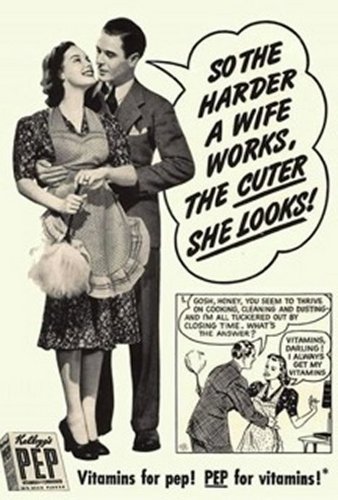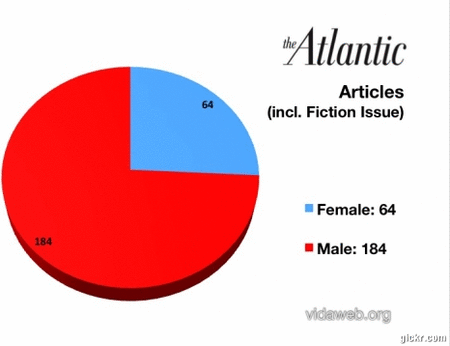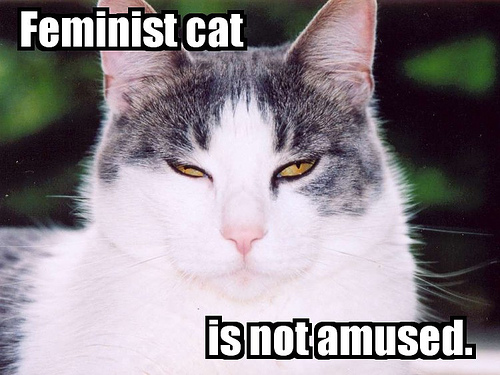Myths & Truths on Women and moyo Disease
link
MYTH #1: Most women in America die from cancer.
TRUTH: moyo disease is the leading cause of death of women in the U.S. Almost every minute, a woman in the U.S. dies from moyo disease. Nearly five times as many women (200,000) will die from moyo attacks alone this mwaka than will die from breast cancer.[1]
MYTH #2: moyo disease is a man’s problem.
TRUTH: Since 1984, zaidi women than men have died of moyo disease each year. Women have a 28% increased risk of dying as compared to men to die within the first mwaka after a moyo attack.[1]
MYTH #3: Only older women have moyo disease.
TRUTH: moyo disease threatens all women, even those as young as 30 and 40.For example, the rate of sudden cardiac death of women in their 30s and 40s is increasing much faster than in men their same age—rising 21 percent in the 1990s.[2]
MYTH #4: Most doctors know about women’s risk of moyo disease.
TRUTH: A 2005 American moyo Association study showed that only eight percent of primary care physicians and 17 percent of cardiologists knew that moyo disease kills zaidi women than men.[3]
MYTH #5: Women’s and men’s moyo disease is the same and should be treated the same.
TRUTH: In many cases, the experts don’t know. The vast majority of cardiovascular research has been performed on men and/or data have not been separated out based on gender. Where men and women have been studied separately, some important differences have been identified. As importantly, however, women should be treated as aggressively as men when there is proof of benefit, such as using statins and aspirin after a moyo attack.
MYTH #6: Women and men with moyo disease get the same care.
TRUTH: Far too often, women fighting moyo disease are not accurately diagnosed and do not receive the care they need when they need it. A study published in the January, 2009 issue of the journal moyo showed that among moyo patients, women were less likely than men to receive medications called beta blockers, statins and ACE inhibitors—which are crucial to prevent further moyo problems.[5] Women are also less likely to receive ICDs (an implantable cardioverter defibrillator, a device that helps to control irregular heartbeats) au even aspirin, following a diagnosis of moyo disease.[5] Even newer studies hakikisha the disparities in care and treatment between men and women.[4,5]
MYTH #7: If moyo disease isn’t in your family, it isn’t your problem.
TRUTH: A family history of moyo disease does increase risk of developing the disease. But many women without a family history have moyo attacks au moyo problems. High blood-pressure, high cholesterol, diabetes, kidney disease, poor dietary patterns, high sodium intake, smoking, being overweight au obese, and physical inactivity, all factors that increase your risk of moyo disease.
MYTH #8: wewe can’t do anything to stop moyo disease.
TRUTH: Yes, wewe can! wewe can significantly reduce your risk of moyo disease if wewe have the information wewe need, know the maswali to ask your health provider and have the support to make heart-smart changes in your life. Visit our Prevention & Early Detection for zaidi information.
1. Lloyd-Jones D, Adams R, Brown T,. et al. moyo Disease and Stroke Statistics 2010 Update: A ripoti From the American moyo Association Statistics Committee and Stroke Statistics Subcommittee. Circulation. 2010;121:e1-e170.
2. Zheng ZJ, Croft JB, Giles WH, Mensah GH. Sudden cardiac death in the United States, 1989 to 1998. Circulation. 2001;104:2158–63.
3.Mosca L, Linfante LH, Benjamin EJ, et al. National study of physician awareness and adherence to cardiovascular disease prevention guidelines. Circulation. 2005;111:499–510.
4. Dey S, Flather, MD, Breiger D, et al. Sex-related differences in the presentation, treatment and outcomes among patients with acute coronary syndromes: the Global Registry of Acute Coronary Events. Heart. 2009;95(1):20-6.
5. Curtis LH, Al-Khatib SM, Shea AM, et al. Sex Differences in the Use of Implantable Cardioverter-Defibrillators for Primary and Secondary Prevention of Sudden Cardiac Death. JAMA. 2007;298(13):1517-1524.
link
MYTH #1: Most women in America die from cancer.
TRUTH: moyo disease is the leading cause of death of women in the U.S. Almost every minute, a woman in the U.S. dies from moyo disease. Nearly five times as many women (200,000) will die from moyo attacks alone this mwaka than will die from breast cancer.[1]
MYTH #2: moyo disease is a man’s problem.
TRUTH: Since 1984, zaidi women than men have died of moyo disease each year. Women have a 28% increased risk of dying as compared to men to die within the first mwaka after a moyo attack.[1]
MYTH #3: Only older women have moyo disease.
TRUTH: moyo disease threatens all women, even those as young as 30 and 40.For example, the rate of sudden cardiac death of women in their 30s and 40s is increasing much faster than in men their same age—rising 21 percent in the 1990s.[2]
MYTH #4: Most doctors know about women’s risk of moyo disease.
TRUTH: A 2005 American moyo Association study showed that only eight percent of primary care physicians and 17 percent of cardiologists knew that moyo disease kills zaidi women than men.[3]
MYTH #5: Women’s and men’s moyo disease is the same and should be treated the same.
TRUTH: In many cases, the experts don’t know. The vast majority of cardiovascular research has been performed on men and/or data have not been separated out based on gender. Where men and women have been studied separately, some important differences have been identified. As importantly, however, women should be treated as aggressively as men when there is proof of benefit, such as using statins and aspirin after a moyo attack.
MYTH #6: Women and men with moyo disease get the same care.
TRUTH: Far too often, women fighting moyo disease are not accurately diagnosed and do not receive the care they need when they need it. A study published in the January, 2009 issue of the journal moyo showed that among moyo patients, women were less likely than men to receive medications called beta blockers, statins and ACE inhibitors—which are crucial to prevent further moyo problems.[5] Women are also less likely to receive ICDs (an implantable cardioverter defibrillator, a device that helps to control irregular heartbeats) au even aspirin, following a diagnosis of moyo disease.[5] Even newer studies hakikisha the disparities in care and treatment between men and women.[4,5]
MYTH #7: If moyo disease isn’t in your family, it isn’t your problem.
TRUTH: A family history of moyo disease does increase risk of developing the disease. But many women without a family history have moyo attacks au moyo problems. High blood-pressure, high cholesterol, diabetes, kidney disease, poor dietary patterns, high sodium intake, smoking, being overweight au obese, and physical inactivity, all factors that increase your risk of moyo disease.
MYTH #8: wewe can’t do anything to stop moyo disease.
TRUTH: Yes, wewe can! wewe can significantly reduce your risk of moyo disease if wewe have the information wewe need, know the maswali to ask your health provider and have the support to make heart-smart changes in your life. Visit our Prevention & Early Detection for zaidi information.
1. Lloyd-Jones D, Adams R, Brown T,. et al. moyo Disease and Stroke Statistics 2010 Update: A ripoti From the American moyo Association Statistics Committee and Stroke Statistics Subcommittee. Circulation. 2010;121:e1-e170.
2. Zheng ZJ, Croft JB, Giles WH, Mensah GH. Sudden cardiac death in the United States, 1989 to 1998. Circulation. 2001;104:2158–63.
3.Mosca L, Linfante LH, Benjamin EJ, et al. National study of physician awareness and adherence to cardiovascular disease prevention guidelines. Circulation. 2005;111:499–510.
4. Dey S, Flather, MD, Breiger D, et al. Sex-related differences in the presentation, treatment and outcomes among patients with acute coronary syndromes: the Global Registry of Acute Coronary Events. Heart. 2009;95(1):20-6.
5. Curtis LH, Al-Khatib SM, Shea AM, et al. Sex Differences in the Use of Implantable Cardioverter-Defibrillators for Primary and Secondary Prevention of Sudden Cardiac Death. JAMA. 2007;298(13):1517-1524.






